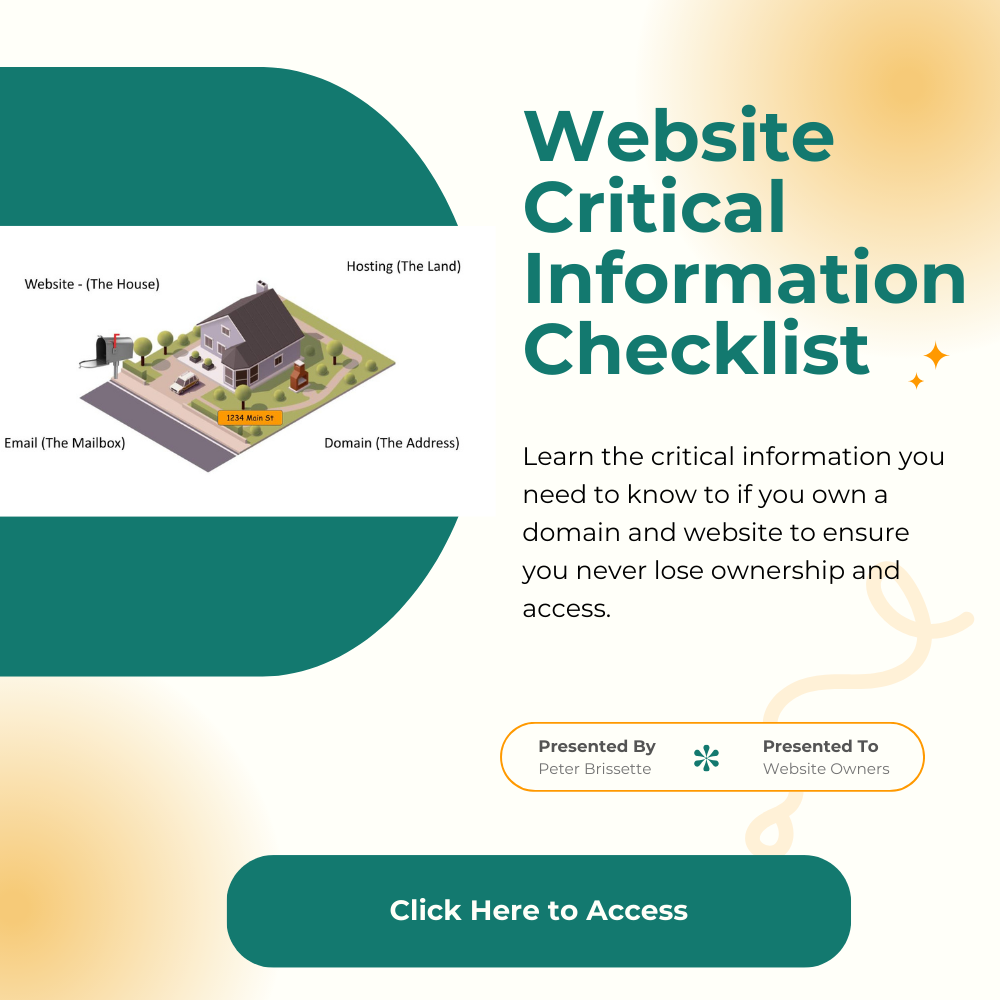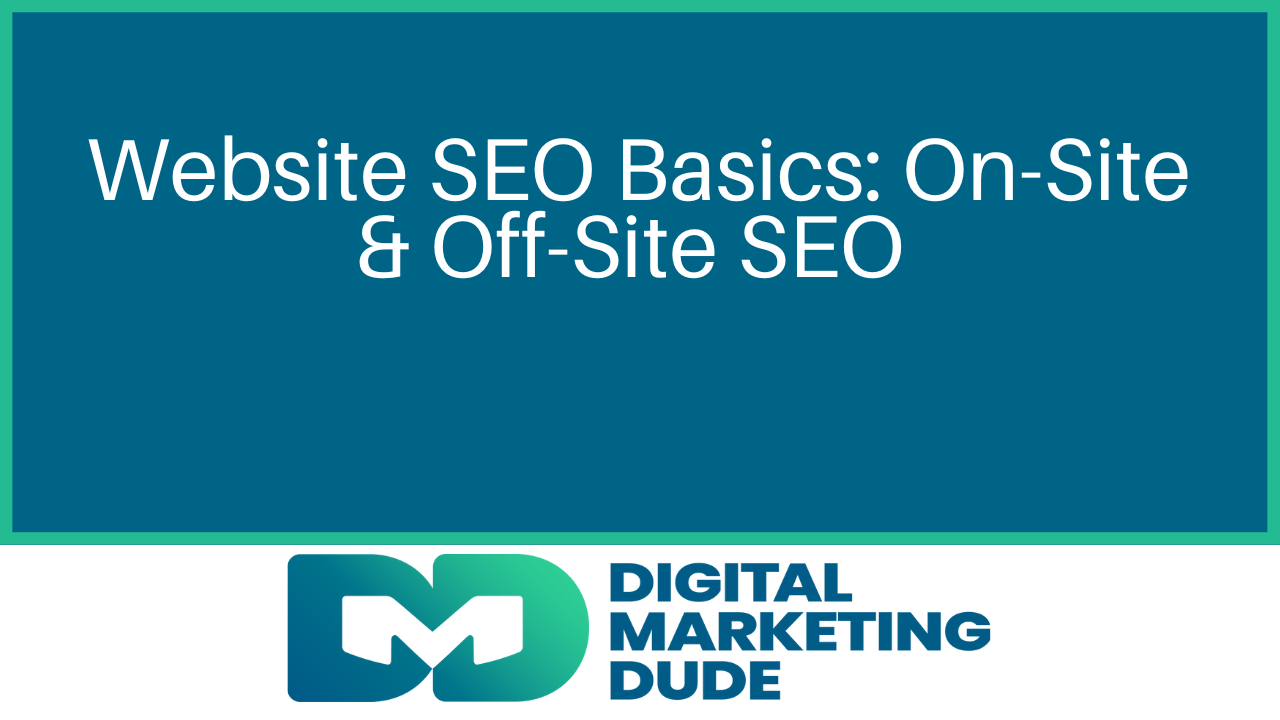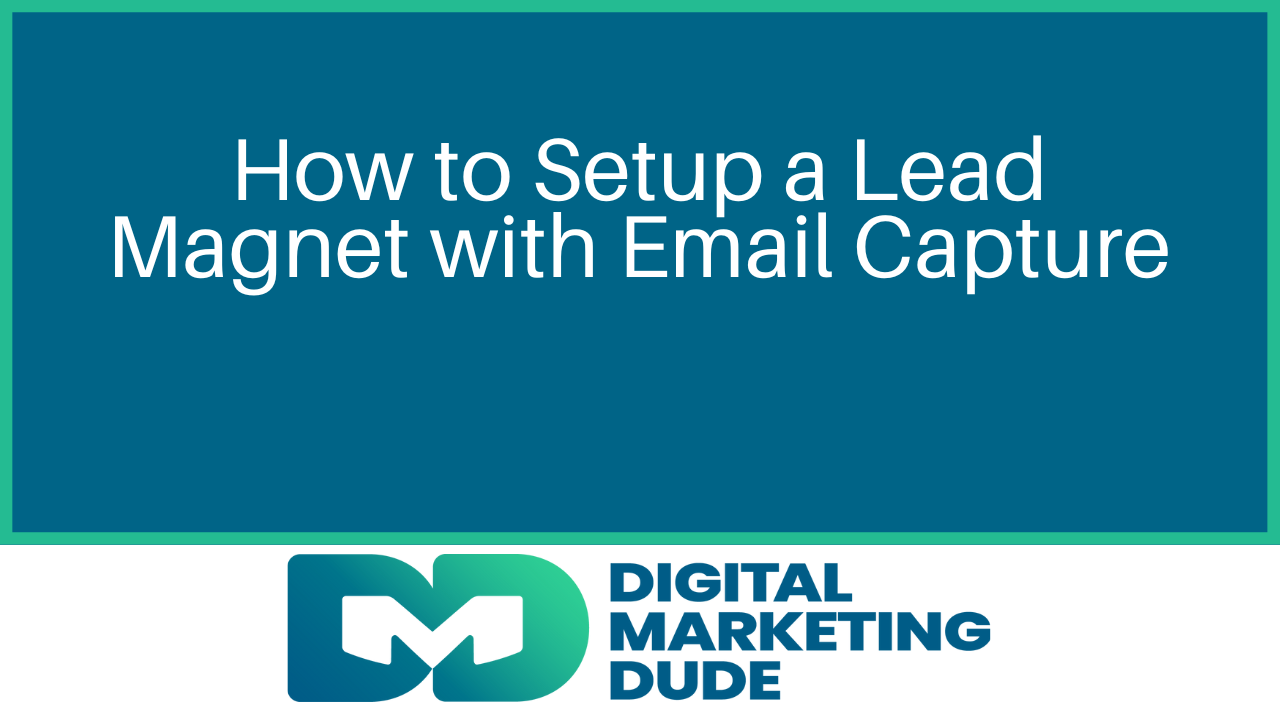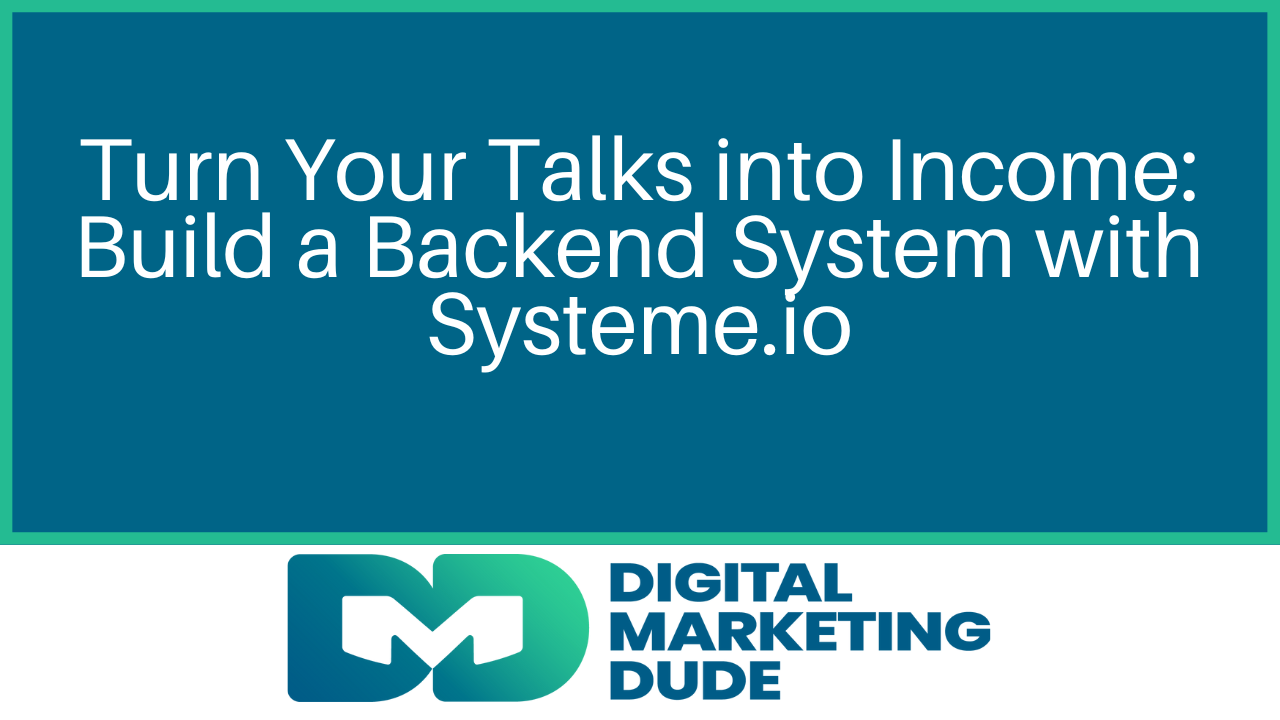The 3 R’s of the Trust Formula – R#2
Peter Brissette • April 25, 2018
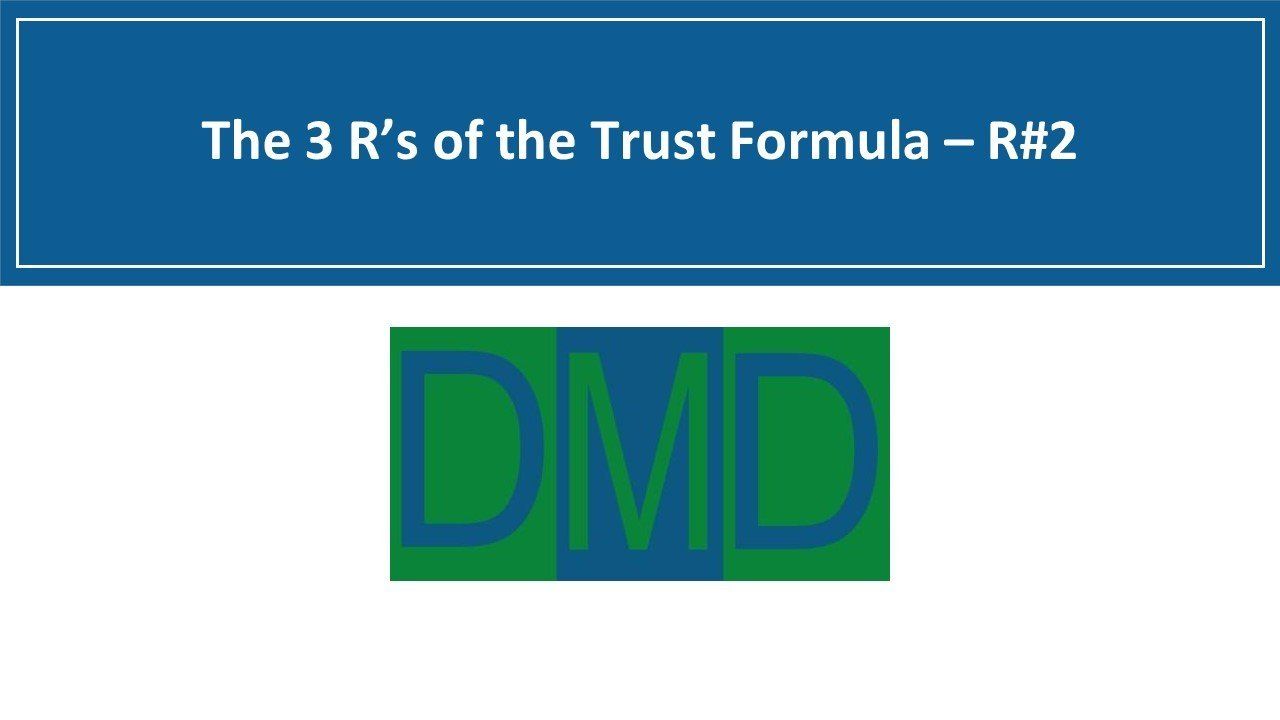
Hey, Peter Brissette, digital marketing dude. Here again with another video. We’re doing a series of videos on what I call the trust formula and the three R’s of the trust formula. The purpose of the trust formula is, how do you do the things that are going to get you the most response the fastest? There are all kinds of decisions that you can make about marketing your business, so how do you make the most efficient, most effective decisions about that?
So, the purpose of trust formula and the R’s of the trust formula is to help you really focus on what’s going to be the highest and best use of your time? Where am I going to get the most bang for my marketing buck and do I make the decisions that are going to matter, that are going to get me the best results the fastest? That’s the basic core of the three R’s of the trust formula.
The trust formula is something that has just a process over many years now of consulting with businesses, all types of businesses on how to be effective in their marketing. After consult, after consult, after consult, I’ve really come down to these handful of really high priority things that really should be done, basically, by every business out there. So, that’s really the idea and the purpose behind the trust formula.
So, let’s talk about the three R’s. I’m going to share my screen with you again. If you look at the previous video, I talked about the first R of the three R’s and that was Reviews. That you need to make it easy. You must ask for them and I talked about the six questions for amazing testimonials, if you want those questions, please email me peter@dmdude.com and with the subject line, six questions for amazing testimonials, and I will send that over to you.
Another key thing that we have to remember is, our own versus rented properties. The property that we own, that we have complete control of is our website and our email list. So, these are the two areas that I see the biggest challenges with most businesses is keeping the website up to date and current. And then, also having a really effective database of contacts. So, it’s your email, your CRM, how are you staying in touch with people, how are you building that list? What are you doing to add more people to the list? Those are really key foundational principles of the trust formula.
So, let’s talk about R, number two here. And R number two is what we’re going to call referrals. Now, this isn’t just about referrals, it’s kind of, it’s referrals and what I would call the network effect. So, let me see if I can explain that for you. There’s different types of referrals, so we have referrals from our existing clients, right? We have existing clients who will refer other customers to us. We get this all the time in our business. It’s great to have those warm referrals. I’m sure that you get them in your business too.
If you’re not, or you don’t think you’re getting enough, then you have to step back, ask the question, what am I doing to get more referrals? Am I asking for them? Do I have some kind of process or intention towards getting more referrals than I am now? That’s the most basic referral, but there’s different levels of referrals.
There’s what we would call strategic alliances or partners. If you’re familiar with three to five club, we call them lumberjacks. Basically, so a lumberjack, to describe that term, this is somebody that goes to the forest, chops down the wood, and then brings it to you. So, this could be a strategic alliance where it’s somebody that’s, maybe they don’t do business with you, but they have your same ideal clients and so, they refer business to you.
A really basic example of this might be, you know, a chiropractic doctor and an acupuncturist. So, perhaps, they share and refer clients back and forth. That could be a very basic strategic alliance. We might call that just a referral partner where you refer business back and forth. But a lumberjack, might be somebody that never does business with you, but they’re a big fan. They love what you do, and they have access to the same clients, and they will send you new clients on a regular basis.
And there are degrees of this. So, there’s just basic, you know, relationship, which is really important. What kind of relationship do you have with them and what are you doing to continue that relationship? And then, there’s actual strategic relationship, so we have some partnerships with other marketing companies where we provide some backend services for them for their clients. They sell the clients and we just provide the backend service for them.
So again, there’s different levels of that, so who are your strategic alliances and partners? Another example of this, might be associations. You know, are you able to work within a trade association that all their members are your ideal clients? So, how do you partner with that association? Where the network effect takes place and really impacts that is if I’m on the stage at an association event, essentially, that association is putting their stamp of approval on me as a business partner at that event and for their members.
So, there’s a degree of trust. There’s a network of trust that’s transferred from the association over to me, in that particular audience, in the members of that association. So, that’s where the network effect begins to really have an impact and begin to position you properly as an expert as someone that knows what they’re doing and can get things done.
That’s kind of where that falls into place. So, you have referrals from existing clients, strategic alliances, strategic partners, lumberjacks, who just send you business, and then you have referral partners. These are folks that maybe you cross transfer referrals back and forth to one another. That’s the second R of the trust formula.
The other thing that you have to keep in mind then is, how do you nurture your lumberjacks? So, how do you take care of them? What marketing plan do you have for staying in touch? Some examples of this might be you do a special event once a quarter. You do a happy hour, let’s say, and you only invite people who are in your strategic alliance to come to that happy hour. Maybe you send them a gift card on a regular basis. Maybe you take them out to lunch. Buy them coffee, whatever it is. What’s your plan to continue to nurture that relationship, to grow that relationship, and to show your appreciation to them so that this can continue to be a source of new business and a source of new clients?
The same for the referrals from your existing clients. Is there something in place that you can reward them for? So, sometimes it makes sense to have some type of reward system for that, doesn’t always. But, maybe there’s a way to do that. So, you should have some type of strategy and then some tactics, some very practical tactics of what you do and when you do it in order to nurture your referral network.
So, that’s the second one in the set here of the three R’s for the trust formula. I hope you got a lot out of that and I’ll be sharing the next one here in the next video coming up. If you have any questions, please ask them, wherever you see this video and please remember to like, comment, and share. Sharing is caring. We love to get this message out to small business owners everywhere. We appreciate your help in doing that. So, thank you. Have a great week and we’ll talk to you soon.

The last question that should we follow our competitors on social media? Sure, why not. You know, you want to see what they're doing and see what's happening there. You know if you're going to be active and you're really trying to use social to build your business then having a good idea what's what your competition is up to is probably important. And you know sometimes what I find with so called competitors is that we you know often times find people that we can collaborate with. It doesn't necessarily mean they are competitors so we work with a number of other marketing agencies and provides some services for them for their clients that they don't necessarily do, but they hire us to do it for them. So like I work with other marketing agencies, so they're not necessarily, you know, your competitor and everything. So but yeah, see what's going on you know, investigate, read up on them, see what they're doing, check out their websites, see what they're ranking for. You know, the more you understand the competitive landscape, the more you know what you should be doing and what you need to do.

And the last question that we have is, can you say more about running a test on TikTok yeah, I so I'm not on TikTok I'm not using tiktok. I wind up watching a lot of TikTok videos on Facebook and the Facebook reels. I think it's fascinating. I find it very interesting. But it's not a platform that I've taken the time to jump on at this point. Again, based on where I'm at with strategy and so forth, it's not a fit for me. But anytime you're using any platform, if you're going to do something, you want to come up with some means of measurement. How am I going to measure success? What does success look like? Is it I, you know, posted a video and I got a thousand views. Is that success you know or is it actually driving traffic and are you tracking how much traffic and then are you tracking what happened to that traffic? Did they fill out a form, did they make a phone call? Like what's the, where do you want that to go? So we really need to step back and think about that whole process. Of creating content, I'm pushing this through to, you know, to my website. And this is what I want to have happen. This is what I wanted the results to be. And then how am I going to track it? How am I going to measure it and do that so anytime you're spending, anytime you're doing something new in particular. Or you're spending any money you need to track it all the way through. All the way through.

The next question that we have is if you have a GoDaddy web page already and are having some issues, are you able to switch over somehow? You can build your website on any other platform and then just you just change the domain where the domain points. So yeah, you can do that anytime. Thank you, Peter.

Next question is how powerful are paid plans to things like Google Adwords or whatever it is called now regarding driving traffic, how can you possibly compete when you don't have the cash to put towards such programs? Yeah, so that's where you gotta get creative. So again we're small businesses and we don't have you know, unlimited funds to you know, just throw a bunch of ads up and you know compete with some other big companies so. Again, this goes back to what are the things I can really do better, because chances are your website is getting some traffic and it could be getting good traffic, but if your messaging isn't clear on your website, you're not getting them to take the next step. They're not making a phone call or filling out a form. So where I can put energy and effort is in that messaging and that and being very clear about who I'm working with, the problem I solve, how I solve it. So that whoever does come across my radar, I have a much higher chance of converting that person then someone else. So you know it's not the best product that always wins, it's who's the best communicator. And so that's why I talk about what you own and what you can't can control and making sure that is dialed in. And doing what it's supposed to do so that if you do go I, if I'm dialed in and I know everything is working well with my website and it's communicating clearly now, I can spend a small amount on ads and drive a small amount of traffic knowing that I'm probably going to get a decent amount of conversions because my messaging's on point and so I don't have to spend as much as the big guy. But I can be more effective because I've spent time working on the stuff that really matters. Thanks, Peter.

The next question is, we have a couple more here. What is your choice for a website hosting platform? So if you're going to host WordPress, my number one choice would be sitegroundsiteground.com That would be my top choice for WordPress hosting that, great support and all that. And again, you can have your. Domain on GoDaddy and it can point to wherever. It can point to Squarespace. It can point to site ground wherever it needs to go. But yeah, for WordPress site ground would be my top choice.


